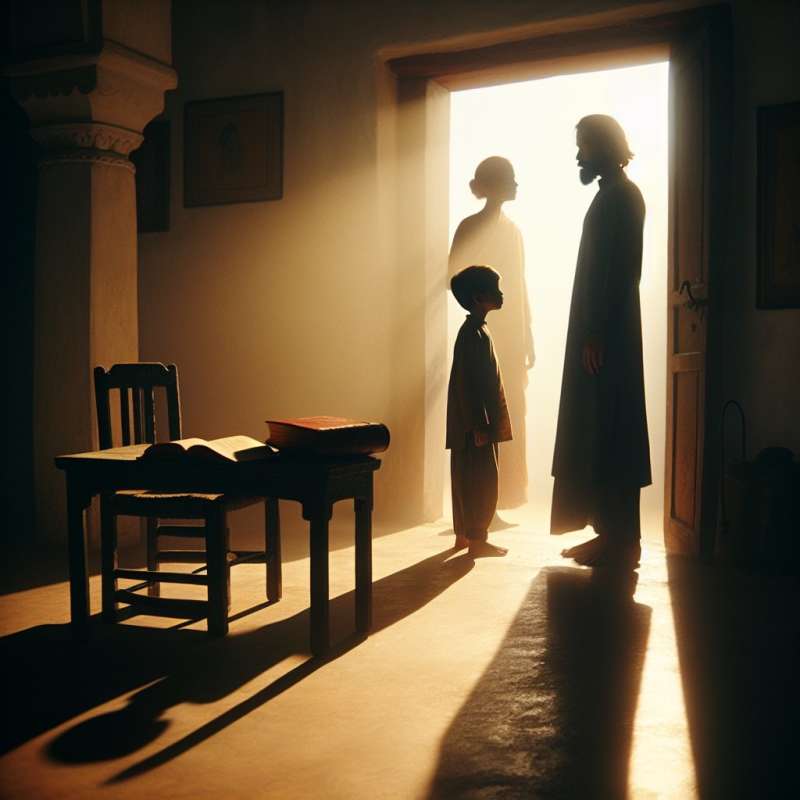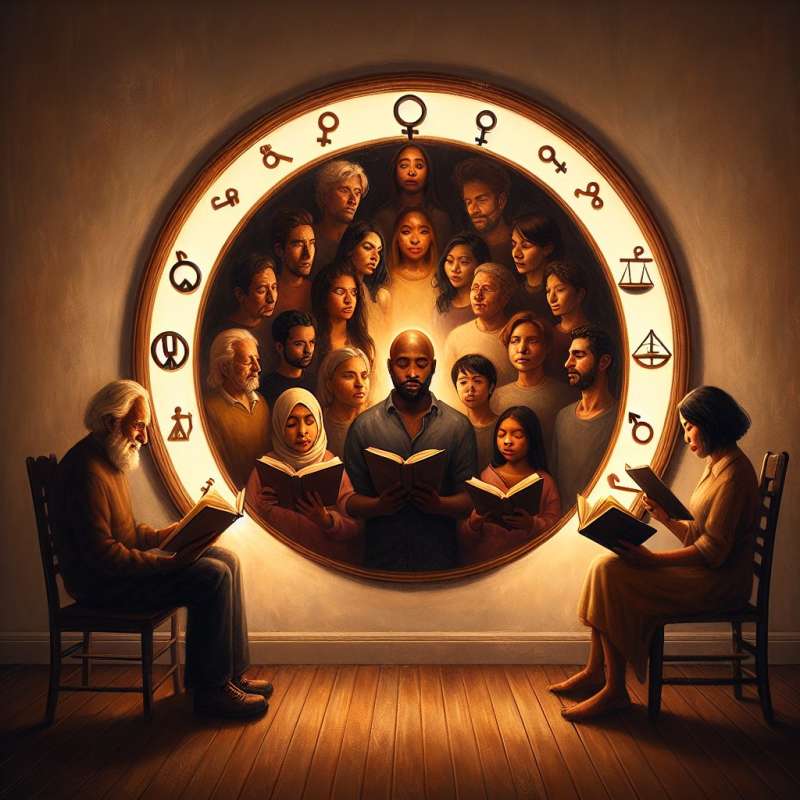
Psychoanalysis: A Brief Introduction
Psychoanalysis, founded by Sigmund Freud, is a therapeutic approach that explores the unconscious mind's role in shaping behavior. It reveals deeper truth within narratives, influencing literature and film analysis.
Storytelling's Unconscious Influence
Narratives often unconsciously express an author's internal conflicts and desires. Psychoanalytic criticism examines stories to uncover hidden impulses and psychological tensions within characters and plots.
Archetypes in Narrative
Carl Jung introduced archetypes, universal symbols found in collective unconscious. They manifest in storytelling as hero, mentor, or shadow, providing a framework for character roles and audience connection.
Freud's Oedipus Complex
Freud's Oedipus complex theory influenced interpretation of family dynamics in literature. It suggests that narratives often subconsciously reflect familial relationships and developmental stages.
Mirror of Societal Norms
Psychoanalysis can expose the subliminal reinforcement or challenge of societal norms within stories. It decodes how narratives shape and reflect collective behaviors and ideologies.
Dream Mechanics in Storytelling
Freud's dream analysis parallels narrative structure. Dreams' latent content can be analogous to a story's underlying themes, while manifest content corresponds to the plot, providing insights into the author's mind.
Modern Psychoanalytic Criticism
Contemporary critics expand psychoanalytic theory beyond Freud and Jung, examining narratives through feminist, postcolonial, and queer lenses, revealing multifaceted dimensions of human psychology in storytelling.
Who founded psychoanalysis?
Carl Jung
Sigmund Freud
Friedrich Nietzsche
Company